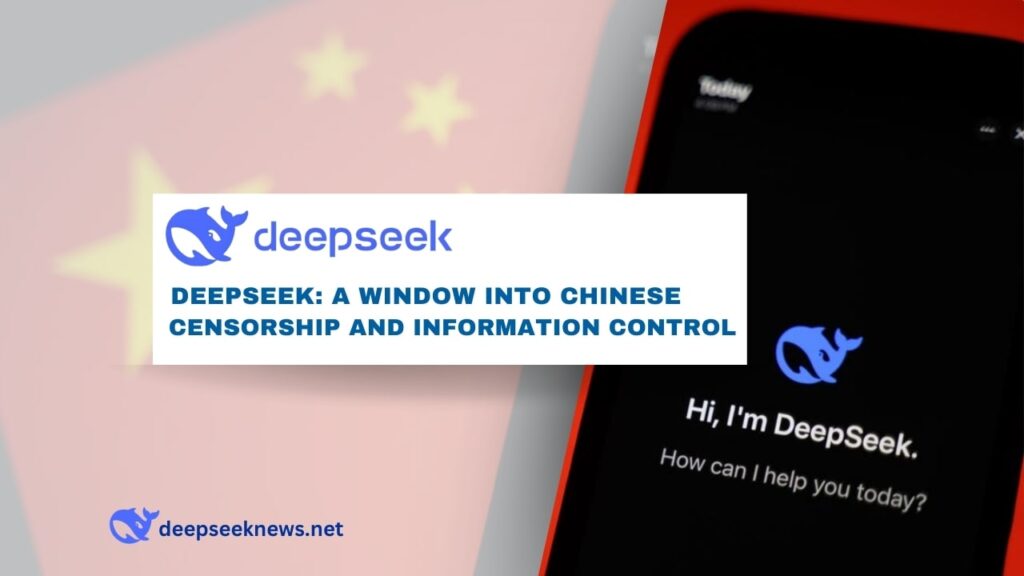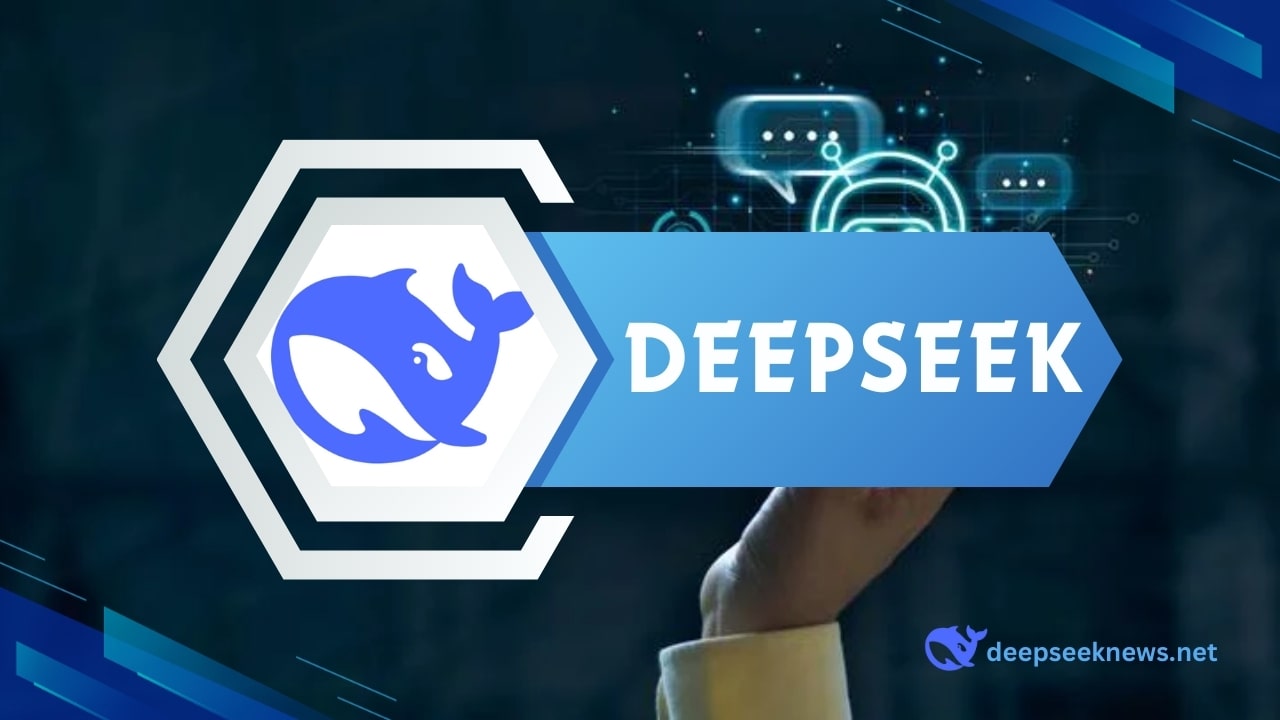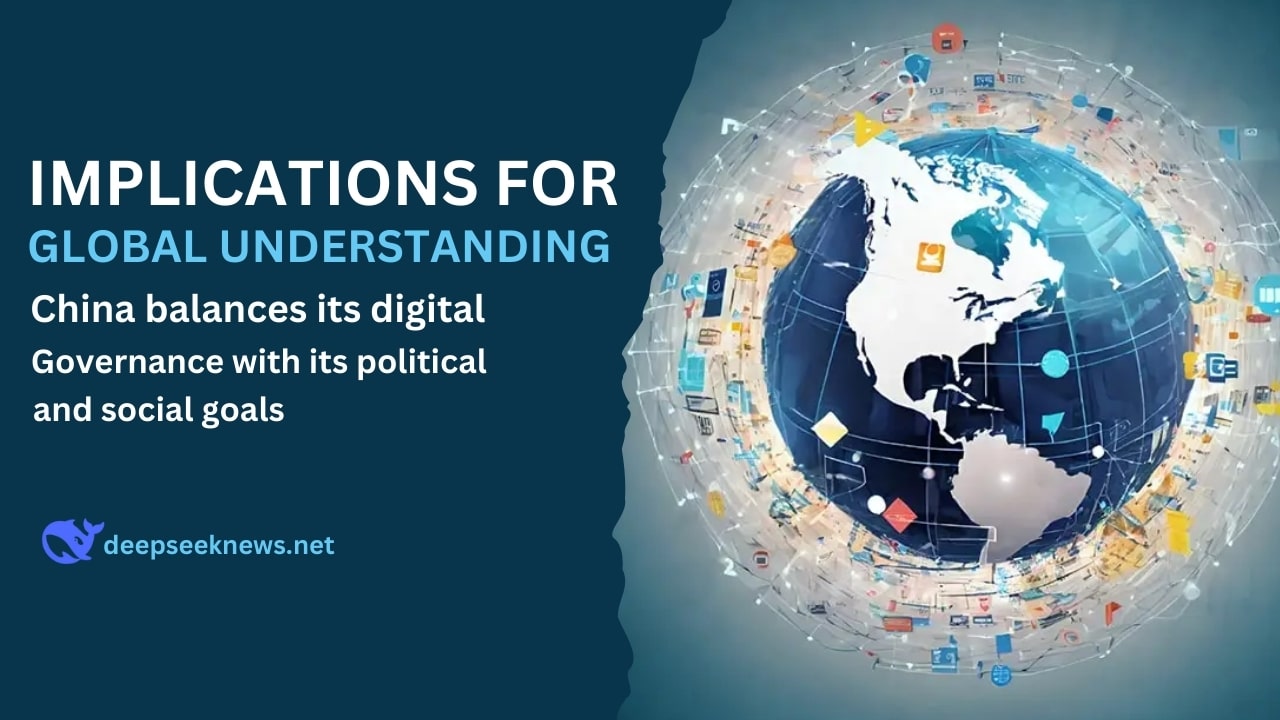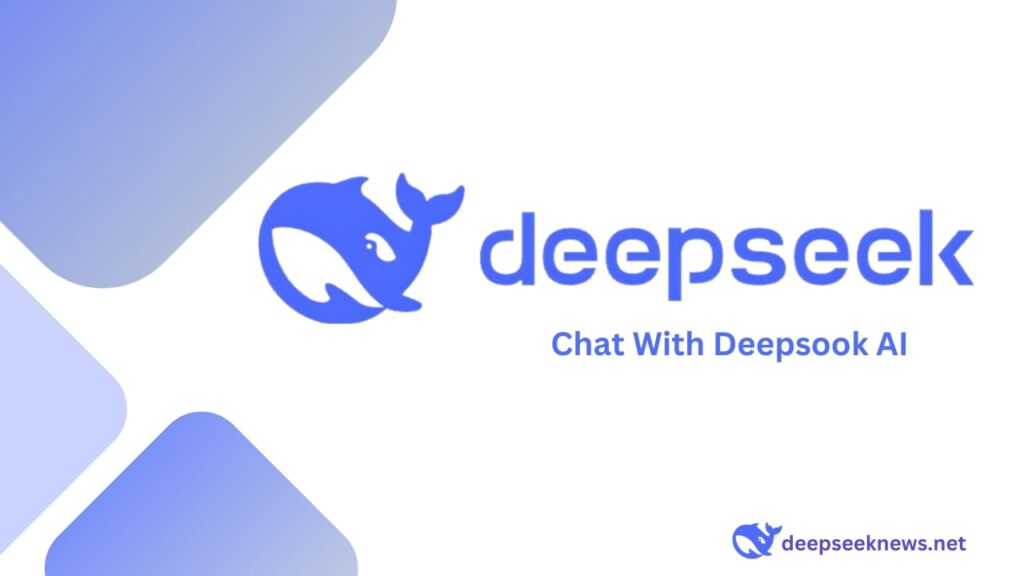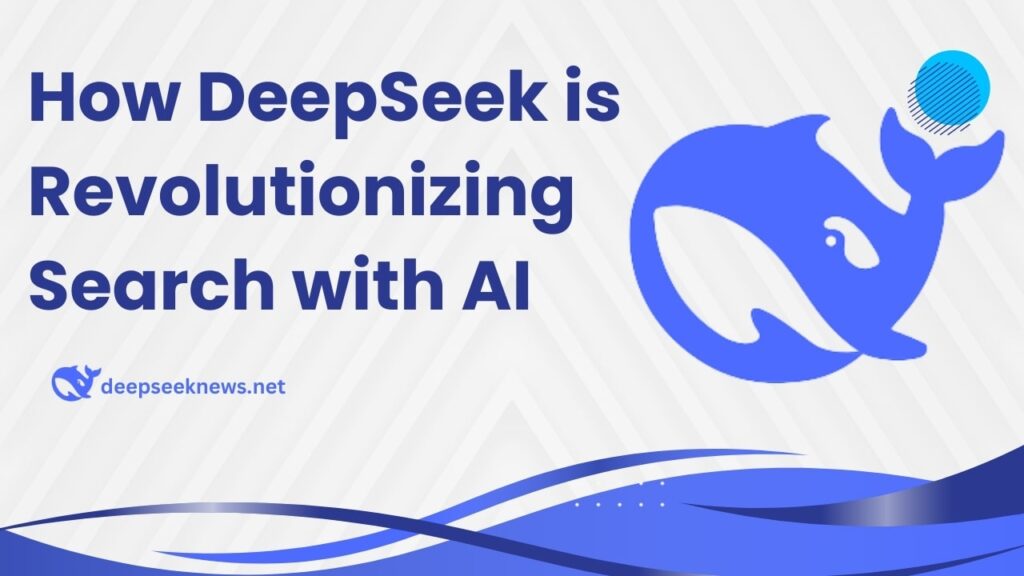In recent years, the global conversation around internet freedom and information control has intensified, with China often at the center of the debate. As one of the world’s most digitally connected nations, China’s approach to internet governance has drawn significant attention. Tools like DeepSeek, a platform designed to analyze and monitor online content, have provided researchers, journalists, and policymakers with a unique window into the mechanisms of Chinese censorship and information control.
Understanding China’s Internet Landscape
China operates one of the most sophisticated and extensive internet censorship systems in the world, often referred to as the “Great Firewall.” This system is designed to regulate and monitor online content, ensuring that it aligns with national laws, cultural norms, and political priorities. The Chinese government emphasizes the importance of maintaining social stability, national security, and cultural integrity, which it believes necessitates strict oversight of digital spaces.
However, the sheer scale and complexity of China’s censorship apparatus have made it difficult for outsiders to fully understand how it operates. This is where tools like DeepSeek come into play.
What is DeepSeek?
DeepSeek is a data analysis platform that leverages advanced algorithms and machine learning to track and analyze online content across Chinese websites, social media platforms, and forums. By monitoring keywords, trends, and the lifespan of specific posts, it provides insights into how content is moderated, removed, or amplified in real-time. To understand its full scope, check out What is DeepSeek? A Comprehensive Overview of the AI-Powered Search Engine.
For example, DeepSeek can identify which topics are trending on platforms like Weibo or WeChat, how long they remain visible, and when they are suddenly removed. It can also detect patterns in the use of sensitive keywords, offering clues about the priorities and strategies of Chinese censors.
Key Insights from DeepSeek
- Rapid Response to Sensitive Topics:
DeepSeek has revealed that Chinese censors operate with remarkable speed. Content related to politically sensitive topics, such as protests, corruption scandals, or criticisms of the government, is often removed within minutes of being posted. This rapid response underscores the efficiency of China’s censorship machinery, as detailed in Why DeepSeek’s AI Advancements Give China a Temporary Edge.
-
Keyword Filtering and Semantic Analysis:
The platform has highlighted the use of advanced keyword filtering and Natural Language Processing (NLP) to detect and block content. For instance, posts containing indirect references to sensitive topics—such as using homophones or metaphors—are often flagged and removed, demonstrating the sophistication of China’s censorship algorithms. -
Regional Variations in Censorship:
Data analysis has also shown that censorship practices can vary significantly across different regions of China. In areas experiencing social unrest or ethnic tensions, online content is subject to even stricter scrutiny, reflecting the government’s focus on maintaining stability. Experts suggest that DeepSeek Sets Benchmark for Chinese Firms in monitoring and controlling information flow. - Amplification of State-Approved Narratives:
Beyond censorship, DeepSeek has shed light on how the Chinese government actively promotes state-approved narratives. Topics aligned with government priorities, such as economic achievements or national unity, are often amplified through state media and social media influencers.
Implications for Global Understanding
DeepSeek’s insights have broader implications for how the world understands Chinese censorship and information control. By providing a data-driven perspective, the platform has demystified some of the mechanisms behind the Great Firewall, offering a clearer picture of how China balances its digital governance with its political and social goals.
For researchers and policymakers, tools like advanced search engines and AI-driven analysis platforms are invaluable for understanding the dynamics of information control in authoritarian regimes. They also raise important questions about the trade-offs between national security, social stability, and individual freedoms in the digital age. A recent study by OpenAI discusses similar strategies in OpenAI Introduces New ChatGPT Tool to Counter China’s DeepSeek.
Ethical Considerations
While this advanced tool provides valuable insights, it also raises ethical questions about the use of such technologies. For instance, how should data collected by platforms like this be used? What are the implications for privacy and freedom of expression? These questions highlight the need for responsible use of technology in the study of censorship and information control.
Conclusion
DeepSeek has emerged as a powerful tool for analyzing Chinese censorship and information control, offering unprecedented insights into the workings of the Great Firewall. As the global debate over internet governance continues, platforms like this will play a crucial role in shaping our understanding of how governments regulate digital spaces. However, they also remind us of the complex ethical and political challenges that come with the pursuit of transparency in an increasingly interconnected world.

